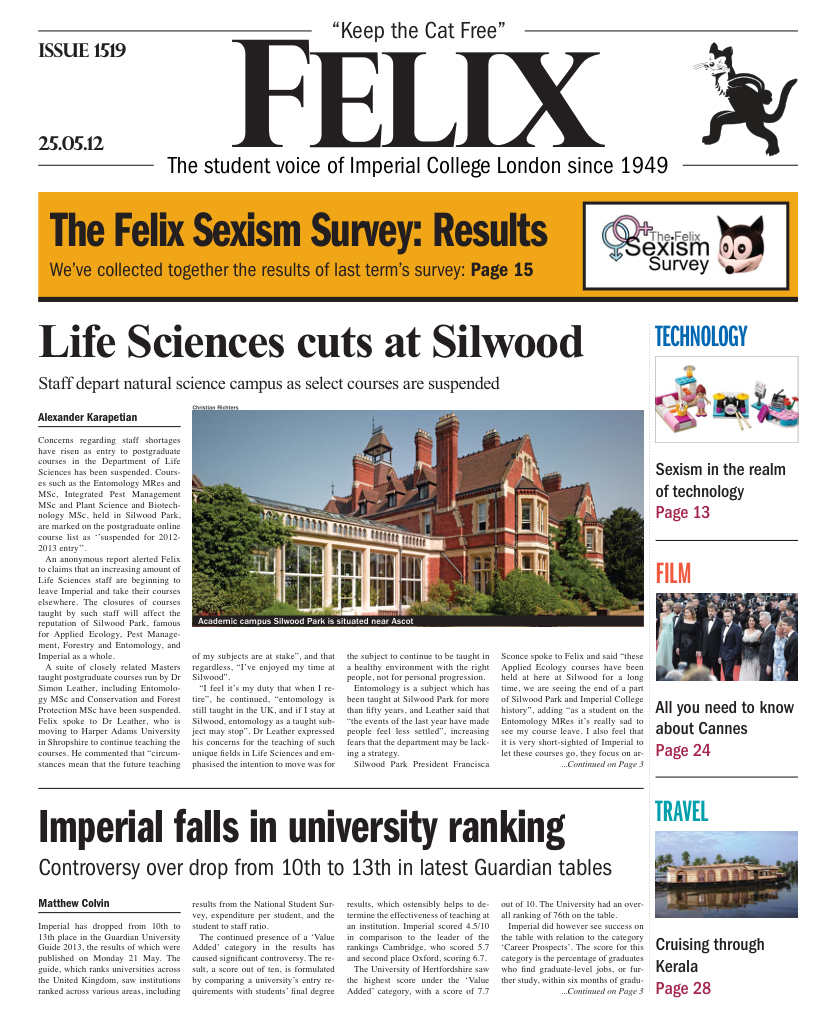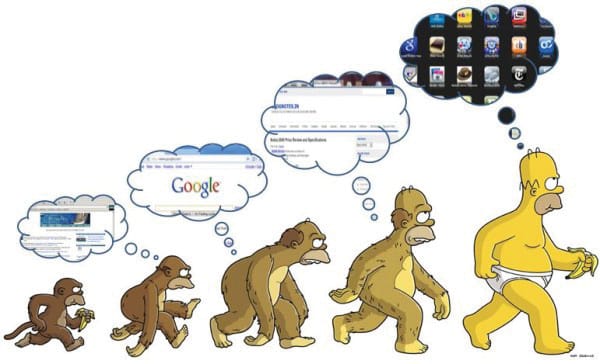Disney want to make all the world a touchscreen
It's a flat world after all

Researchers at Disney and Carnegie Mellon University have published new research which could make everyday objects and even the human body into a touchscreen.
This could mean traditional interfaces would no longer be needed, as smartphones could be silenced by holding a finger to the lips, and the volume on mp3 players could be controlled with a tap of the hand.
The technology, known as Touché, uses Swept Frequency Capacitive Sensing, which is similar to the technology used in smartphone screens. Smartphones only detect electrical signals on one frequency, allowing them to know when they are being touched. Touché takes this one step further by using a range of frequencies, so objects not only detect touch, but ‘sense’ how they are being touched.
Everyday objects can be equipped with the new technology by attaching only one electrode. “It could immediately be used to create new and exciting ways for people to interact with objects and the world at large,” says Ivan Poupyrev, senior research scientist at Disney Research.
The researchers envision a Touché-equipped home where the television is turned on when the user sits down on the sofa. The lights automatically dim when the user leans back to enjoy the show, and if they fall asleep, the room darkens and the television is turned off.
The research, presented at the Conference on Human Factors in Computing Systems in Texas, investigated how this could be used in existing tablet computers. Depending on which fingers were used to touch the screen, and whether a ‘pinch’ or ‘grasp’ motion was used, the computer could perform different functions, such as zooming in or right-clicking. Touché technology can also be applied to liquids, detecting whether one finger or a whole hand is submerged in a container of water.
By wearing electrode on the wrists in a similar way to watches, smartphones, mp3 players and computers could all become gesture-controlled. “This might enable us to one day do away with keyboards, mice and perhaps even conventional touchscreens for many applications,” says Munehiko Sato, a PhD student involved in the work.
Disney is also conducting research into how living plants can be made into surround sound systems for use in their theme parks.







